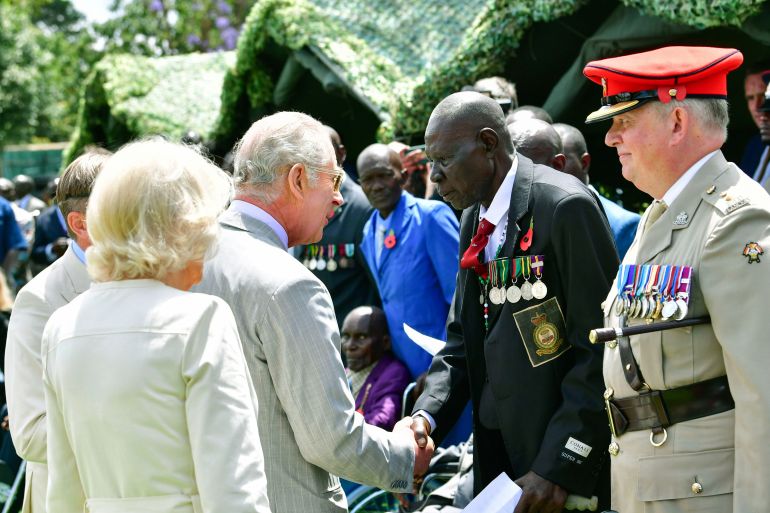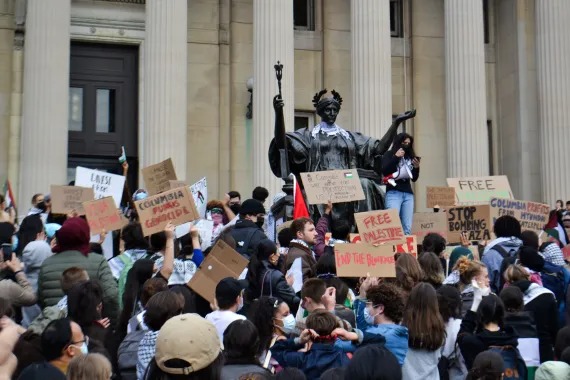King Charles III’s historic visit to Kenya has reignited painful memories of the country’s colonial past and the atrocities committed during its struggle for independence. While the King expressed regrets for the colonial violence, many Kenyans are still waiting for a formal apology. The visit has stirred mixed reactions among the people, with some hoping for a new chapter in the UK-Kenya relationship, while others see it as an insult and a reopening of old wounds.
A Reminder of Dark Colonial Past
As King Charles arrived in Nairobi for his first state visit to Africa since ascending the throne following Queen Elizabeth II’s passing last year, the people of Kenya were eager to see if he would offer a formal apology for the “acts of violence” committed during the colonial era. The Kenya Human Rights Commission (KHRC) revealed that the colonial administration orchestrated the extrajudicial torture and killings of 90,000 Kenyans during that period, further underscoring the painful history that lingers.
King Charles, during a state banquet hosted by Kenyan President William Ruto, acknowledged the “abhorrent and unjustifiable acts of violence” and expressed remorse, but stopped short of making an official apology. His presence has led to a complex blend of emotions among Kenyans, with some viewing it as a reminder of the past’s dark shadows.
Varying Reactions to the Royal Visit
The King’s visit has stirred differing sentiments among Kenyan citizens. Mike Kiprono, a resident of Nairobi, believes that dwelling on past occurrences can hinder progress and development. He hopes that the visit will bring about positive changes in the country’s economy and infrastructure. In contrast, Susan Murira, a businessperson from Nairobi, perceives the visit as an insult to the people of Kenya and a reopening of old wounds. She questions the King’s remorse without concrete plans for compensation, highlighting that the effects of colonialism still resonate through land ownership and economic disparities.
Demands for Acknowledgment and Reparations
The colonial past in Kenya, marked by events like the Mau Mau uprising and the violent suppression of the revolt by British troops, continues to influence the nation’s present. While the British government issued an apology and a compensation settlement in 2013 for those tortured in detention camps and Mau Mau veterans, many believe the efforts fall short of addressing the scale of the injustices perpetrated against different groups in the country.
The Kenya Human Rights Commission (KHRC) has sent a 10-page document to the UK High Commission in Nairobi, urging King Charles to apologize and address the unresolved injustices dating back to 1895. Davis Malombe, the executive director of the rights group, has called for effective reparations and a development program to support those affected by colonial policies and current British corporate investments.
The Kenyan people await King Charles’s response, uncertain if he will issue a formal apology or further reparations during his stay. In the midst of this visit, a re-evaluation of colonial atrocities is also occurring in neighboring Tanzania, as German President Frank-Walter Steinmeier expressed willingness to cooperate with Tanzania on the repatriation of cultural property and human remains, acknowledging the dark legacy of colonialism and the need to turn a new page.
As King Charles’s visit unfolds, Kenya’s unresolved colonial injustices continue to serve as a poignant reminder of the past and a call for reconciliation and justice.
















